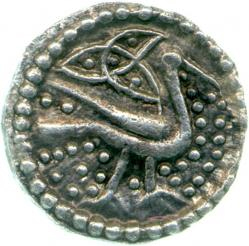Writing & History Overview
Primary History article

History provides an extremely rich context for literacy and writing, see Case Study 3: Evacuees. As such, Writing History is an element in a whole school policy towards literacy that emphasises Language Across the Curriculum for all subjects and areas. references. Case Study 1 illuminates the concept that pupil writing permeates the whole process of them ‘Doing History' from the introduction of a new topic. Writing takes many forms as an element in:
- initial questioning and exposition;
- pupil involvement with chronology, narrative and historical sources;
- their researching, processing, extraction and collation of evidence, speculation and hypothesising;
- engagement with and modelling of a specific genre;
- the drafting, revision and production of a summative composition aimed at a specific audience and the communication of that piece of writing to its audience.
The child
Literacy begins and ends with the pupil: both as an individual and as a member of a group/class/society.
- Pupils individually, in groups or collectively write istory under teacher direction, guidance and support.
- Their model of learning is that of Cognitive Acceleration in History Education: beginning with the interests, enthusiasms, knowledge, understanding, skills and abilities of the pupil, including activating prior knowledge, figure 1.
The teacher
Pupils learning to write history reflect the teacher's beliefs, values and attitudes, i.e. orientation towards history, its teaching and literacy..."
This resource is FREE for Primary HA Members.
Non HA Members can get instant access for £2.75

